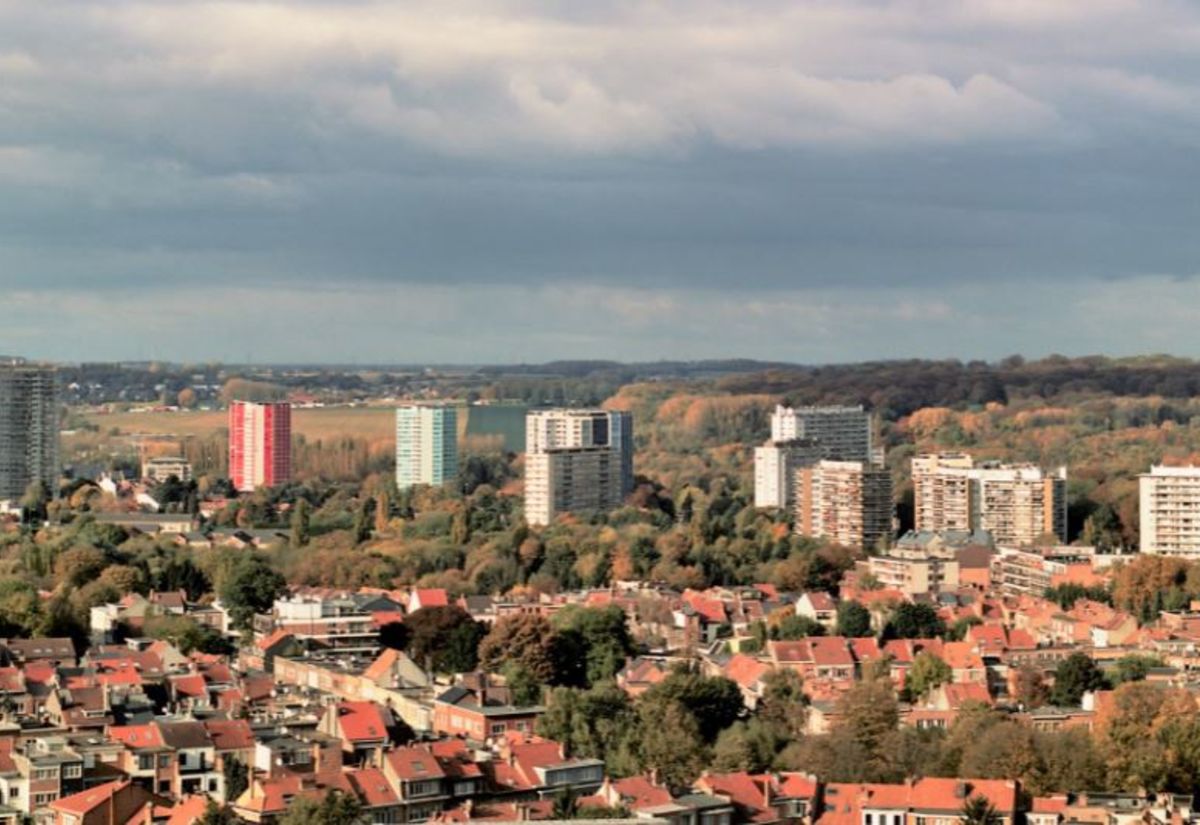- Home
- Urban projects
Urban projects
The territory of the Brussels-Capital Region is constantly developing. Learn more about our urban projects (French or Dutch)
- Urban issues
Urban issues
Housing, facilities, economy, land... perspective.brussels collects and analyses the data essential to the development strategy of the Region. Learn more about these urban issues (French or Dutch)
- Statistics and analyses
- Planning tools
- Who are we?
Metropolisation
Growing urbanisation and climate change are global issues for which cities must provide practical solutions, especially through effective planning. In this respect, cities join together in networks and are increasingly involved in international decisions.
Description
Over 50% of the world’s population now lives in urban areas. This trend towards urbanisation continues to intensify. The OECD predicts that by 2100, 85% of the planet’s population will live in cities (source: The Metropolitan century, 2015, OECD).
This global urbanisation is not only due to the population explosion in cities but also their physical and spatial expansion, leading to increasing interdependencies between urban and rural areas. This is resulting in the phenomenon of metropolisation where the “real” city exceeds the “administrative” city. Urban planning therefore plays a central role in the effective management of this trend, which is not without its consequences.
Metropolitan cooperation
In Brussels, the most formal framework for metropolitan cooperation is the top-rand cross-border cooperation. This partnership brings together neighbouring regions around Brussels to coordinate spatial planning, mobility and economic development policies. Its aim is to strengthen synergies between the regions and respond to common challenges, while supporting the influence of the European capital.
Find out more about interregional projects
Contact
SvenDe BruyckerChargé de projetProjecthouder
SarahMouturyChargée de projetProjecthoudster
